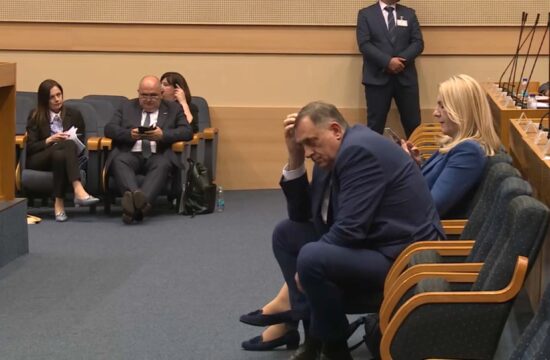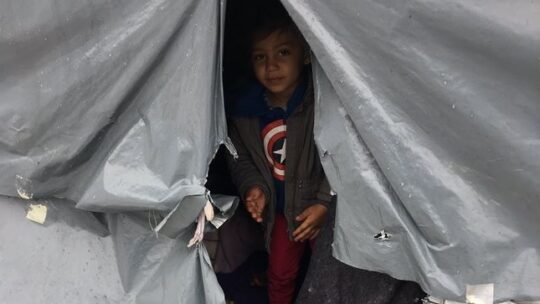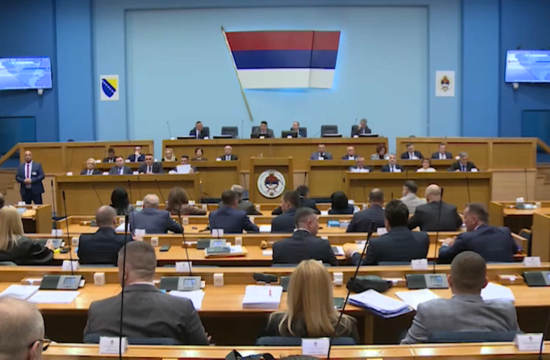From September this year, elementary school students in the Republika Srpska (RS) entity and Serbia will attend school according to the same, harmonized, curricula and programs of the national group of subjects: Serbian language, History and Geography (Nature and Society in lower grades).
“We concluded that Serb people should learn the same language, geography and history regardless of where they live, because it is one and the same people, same history and the same language and it is only normal that elementary school curricula should be the same,” RS Education Minister Dane Malesevic said. “This caused some negative comments from certain political parties in Bosnia, especially from the Federation of Bosnia and Herzegovina (FBiH) entity, but I must say that Serb people have the right to learn its own science, which includes the national group of subjects.”
The RS Parliament hosted a thematic session, Monday, by the Education, Science, Culture and Information Board of the RS, in cooperation with the Education, Science, Technological Development and Information of the National Assembly of the Republic of Serbia, titled “Harmonization of curricula for national group of subjects in the schools of the RS and the Republic of Serbia.”
Head of the “Homeland” coalition in the RS Parliament Admir Cavka said that the problem is that Bosniaks do not have the right to call their language the way they want.
“Unfortunately, the RS Constitution doesn’t state the Bosnian language, but neither does it state the Serbian language which is used by the Serb people, as is the situation for the Croat people whose language is not stated, but still called the Croatian language. We need a compromise to solve this issue. I think we’re forgetting the essence here, and that is that our students and children are leaving this area,” Cavka said.
N1 contacted the OSCE Mission to Bosnia regarding this issue who said the OSCE Mission to Bosnia and Herzegovina welcomes regional co-operation as a way of furthering reconciliation and mutual understanding. Regional cooperation can also contribute to further development of an inclusive and quality education system in BiH.
However, they stress that simply aligning one school curriculum with the curriculum of a neighbouring country may very well be counterproductive and could undermine the process undertaken by Bosnian authorities to reform and improve the quality of education for all students in Bosnia.
The issue with the Bosnian language has been active for the past several years when the RS entity government decided not to allow the Bosniak students call the language they speak and study as Bosnian language, recognised by the Bosnian Constitution, but not the RS entity Constitution. On the other hand, Serb and Croat students are allowed to call their languages as Serbian and Croatian and to state the language in their official documents.
The RS Constitution stipulates that languages spoken in the RS are the languages spoken by the Serb, Bosniak and the Croat, not specifying the exact names of each of the three languages.




